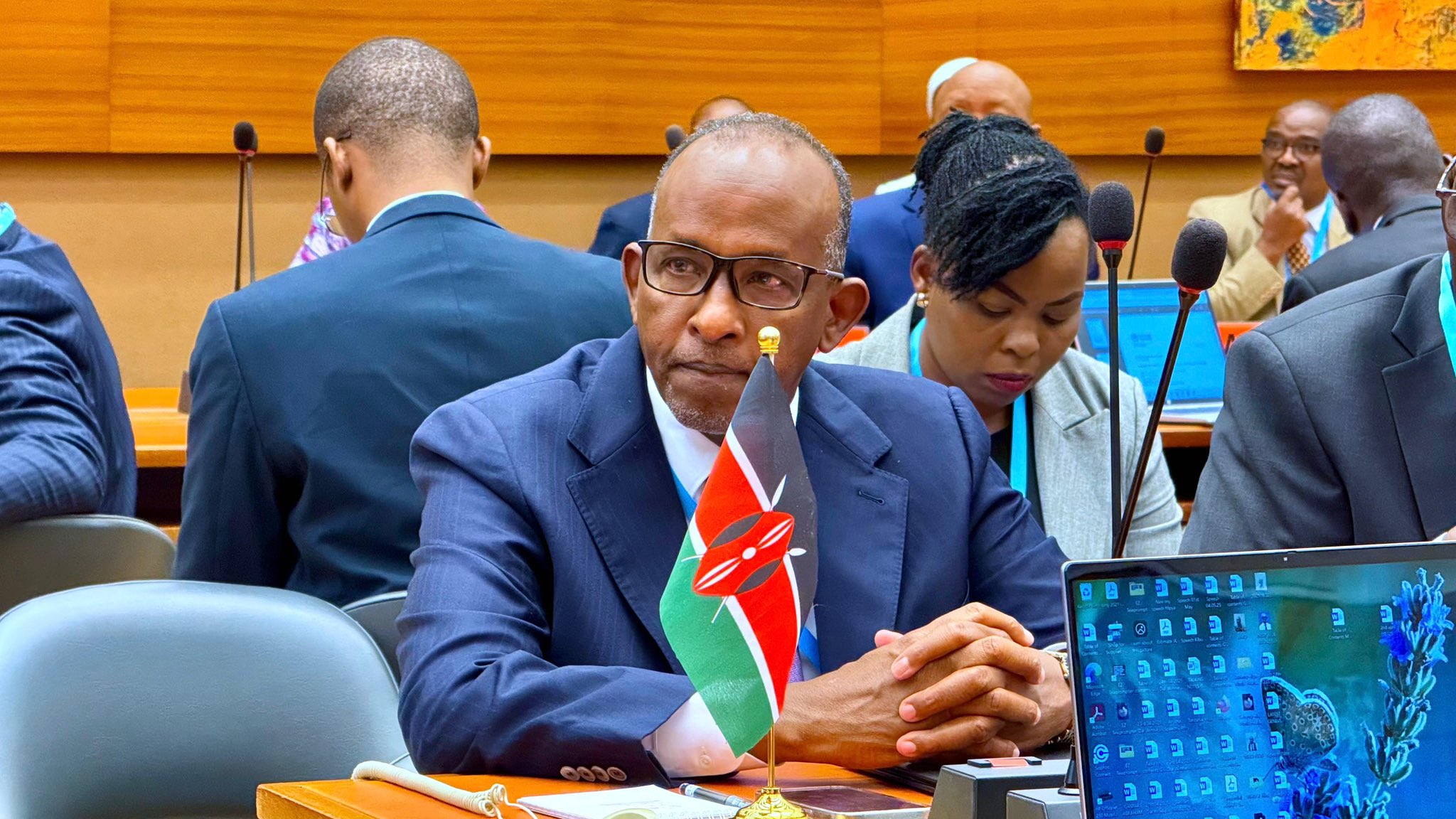At the centre of the storm is Health Cabinet Secretary, Aden Duale, who faces mounting pressure from a section of lawmakers to resign. Critics accuse him of presiding over a system that has inherited corrupt cartels from the defunct National Hospital Insurance Fund (NHIF). The recent suspension of SHA services in 40 health facilities over alleged fraud has only deepened concerns about the Authority’s credibility.
MPs Silvanus Osoro and Zaheer Jhanda have, however, rushed to SHA’s defence, blaming fraudulent claims by health facilities rather than systemic failure at the Authority. They argue that billions of shillings in claims have already eased the burden of medical bills for ordinary Kenyans and point to a sharp rise in enrolment, 25 million compared with NHIF’s six million. Yet these numbers mask serious weaknesses.
First, concerns persist that some of the problematic practices from NHIF may have migrated to SHA. Opposition leaders allege that politically connected companies are already profiteering from inflated contracts. Without robust oversight, there is a risk that the Authority could be used for private gain rather than as a lifeline for the poor.
Second, implementation was rushed. Hospitals are reportedly owed millions by the government, leaving many unable to buy drugs, pay staff, or even keep their doors open. Some facilities have been forced to shut down entirely, undermining the very goal of improved health care access. In this light, claims of success ring hollow.
Third, leadership has been elusive. While MPs hold press conferences to demand accountability, those within government prefer to dismiss critics as hypocrites. Osoro’s admonition that colleagues should “raise issues in Parliament” does little to address the substantive failures within the Authority.
Finally, the narrative of progress is contradicted by ordinary reality. While SHA may have paid billions in claims, the absence of transparent auditing and the suspension of non-compliant hospitals highlight a system still vulnerable to manipulation and waste.
The lesson is clear: cosmetic reforms cannot cure institutional rot. Unless the government moves beyond rhetoric to enact real accountability, through public audits, stricter procurement rules, and independent investigations, the SHA risks becoming yet another failed experiment. Kenyans deserve a functional, transparent health insurance scheme, not a rebranded version of NHIF with fresh opportunities for corruption.
[/full]





